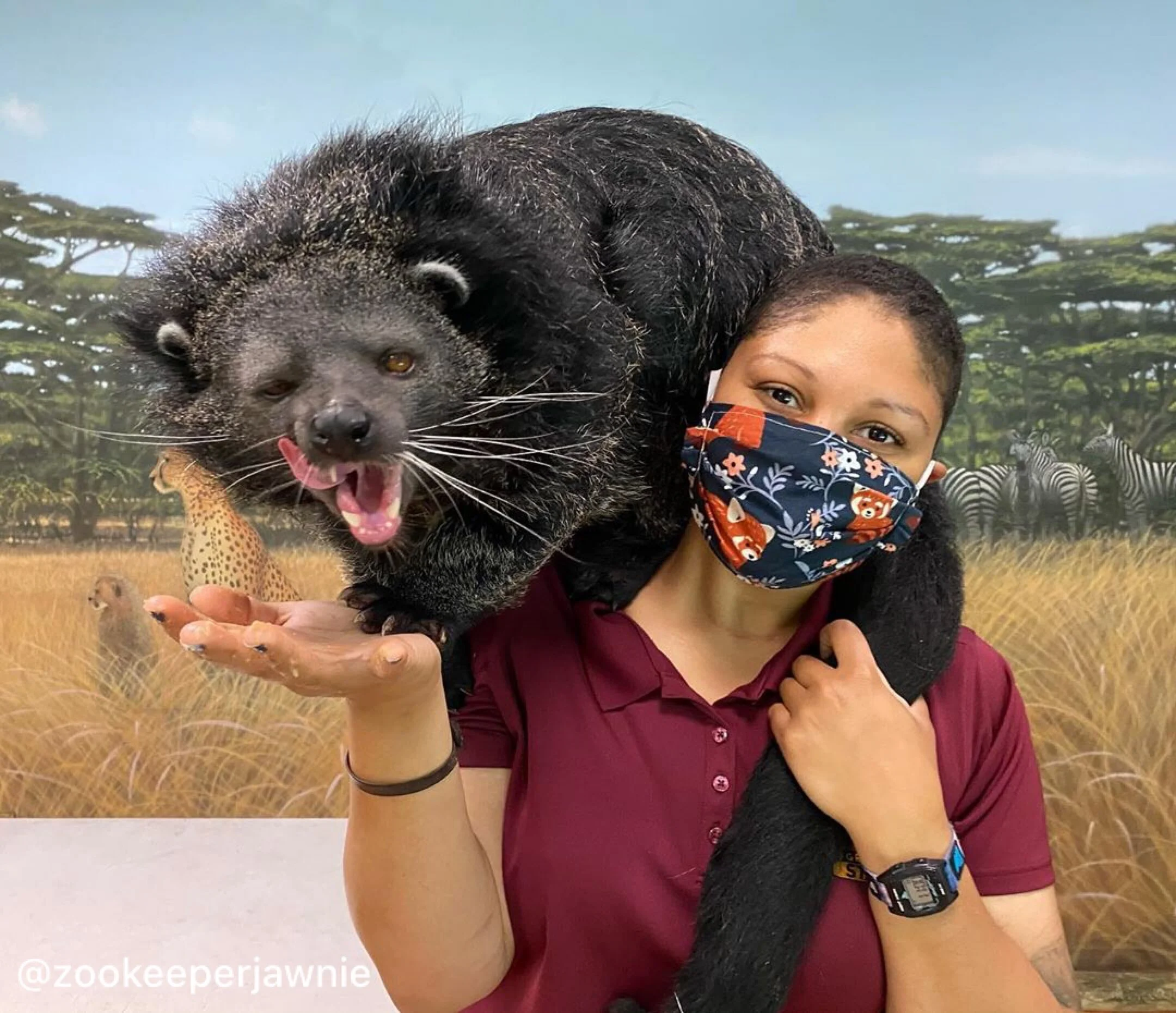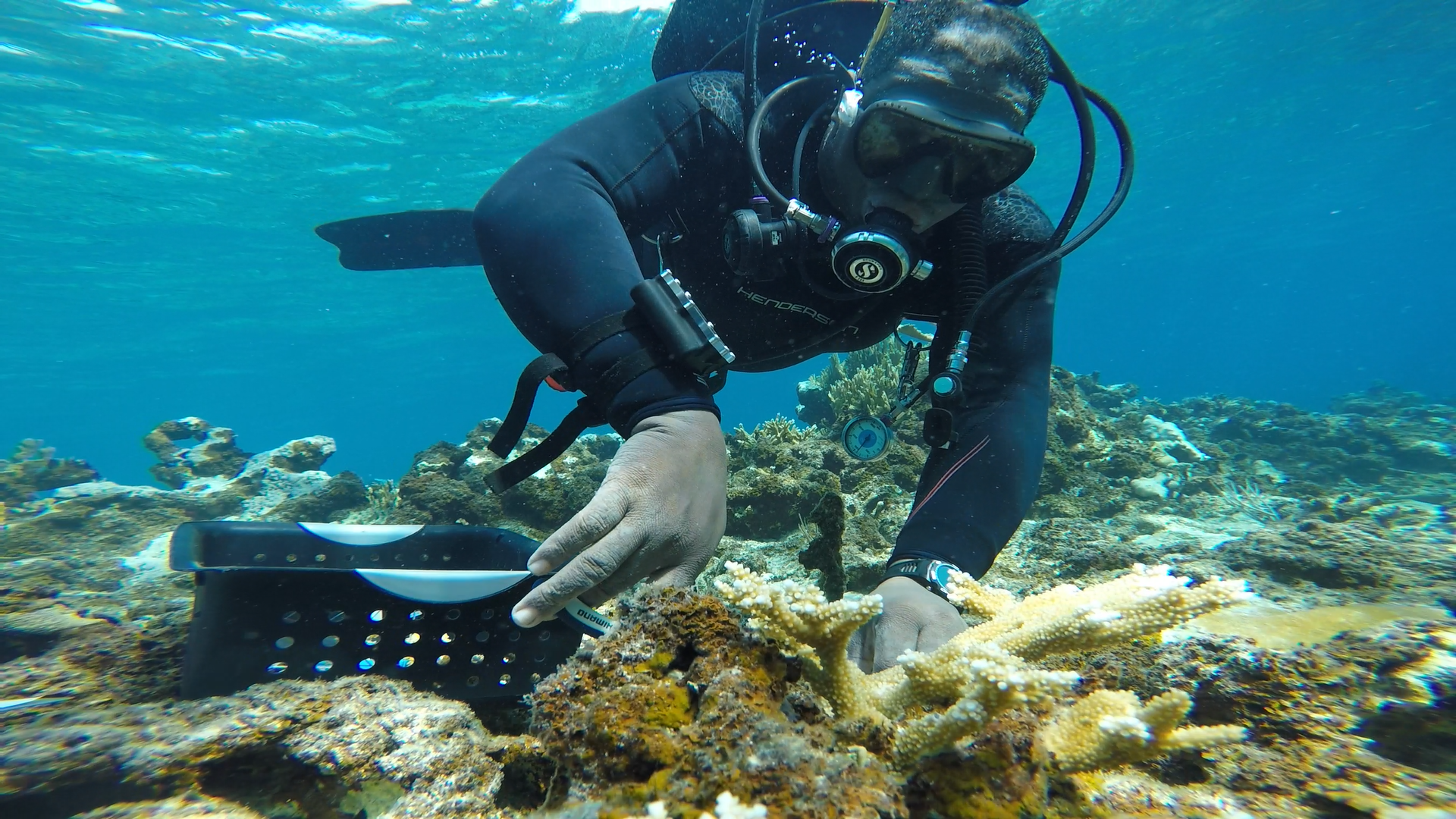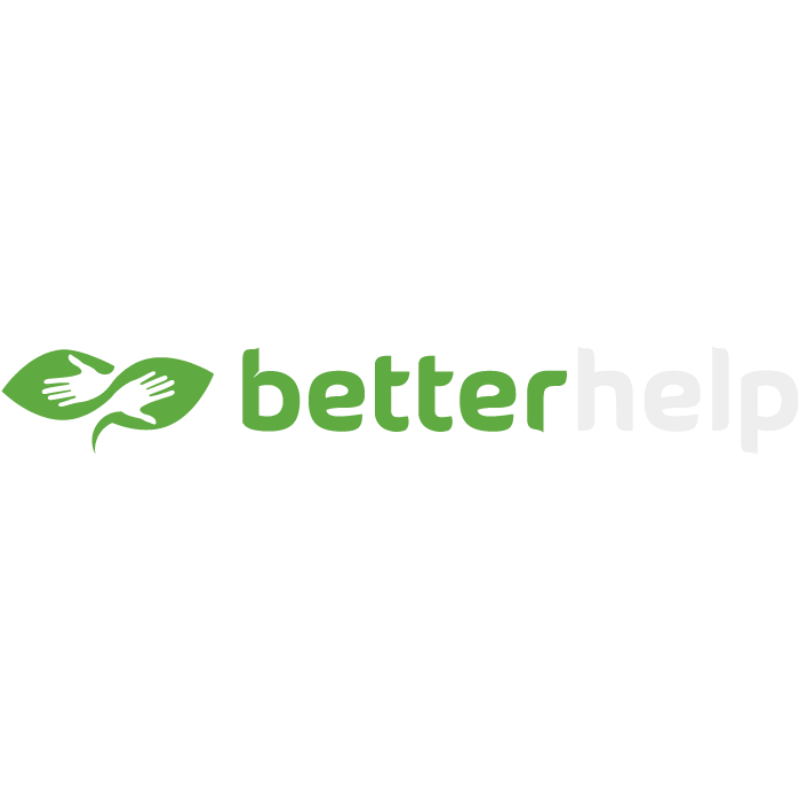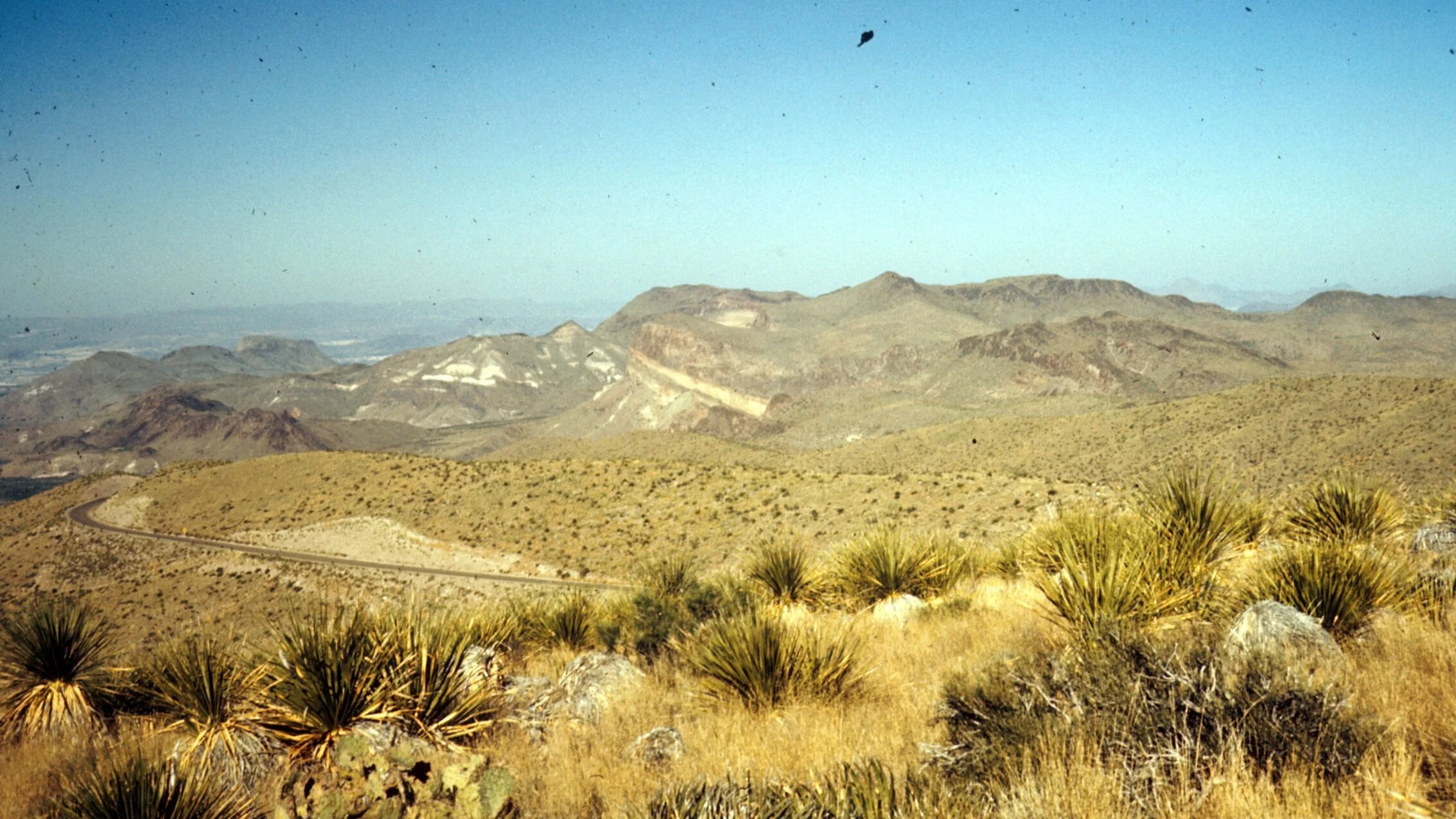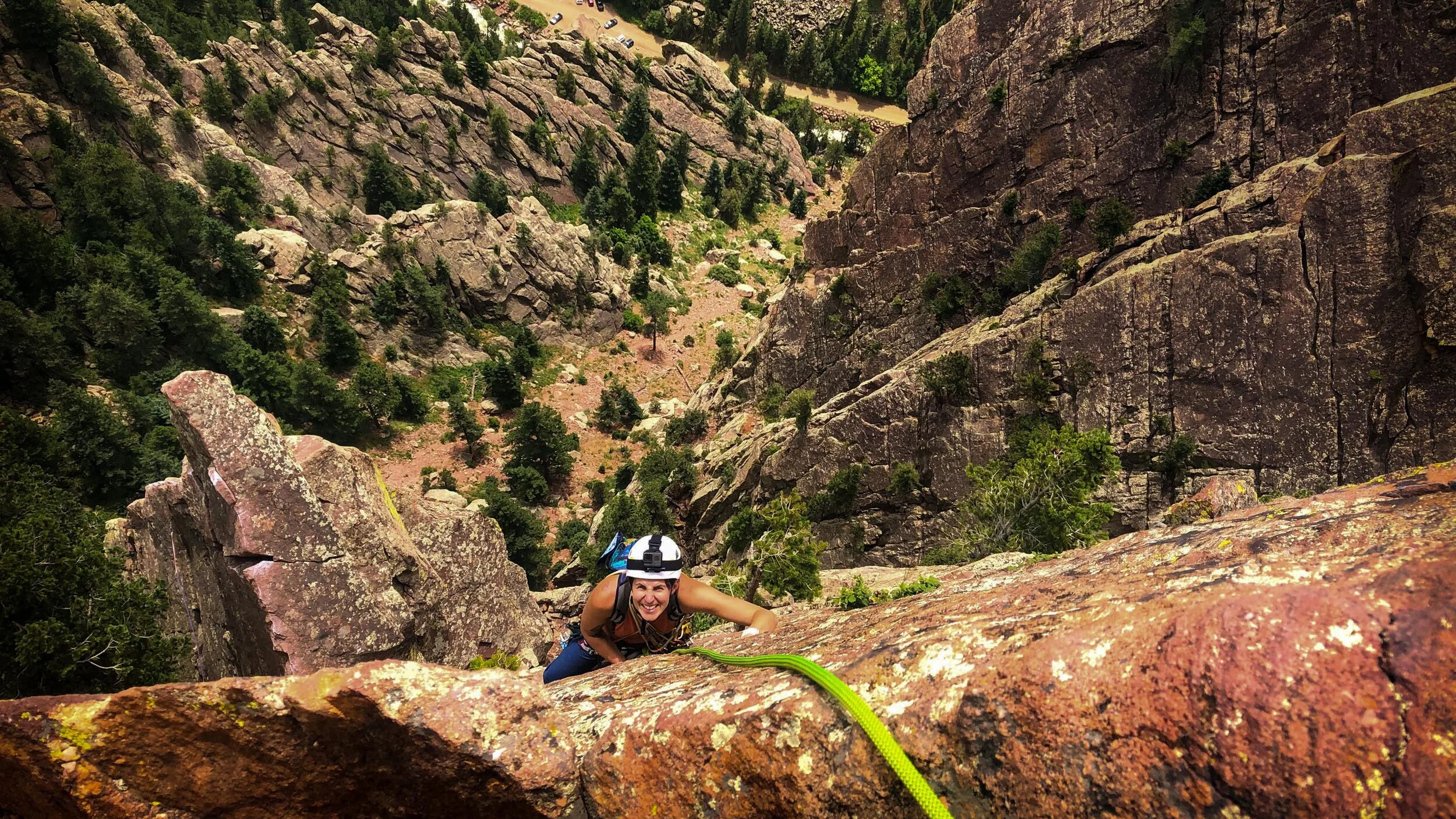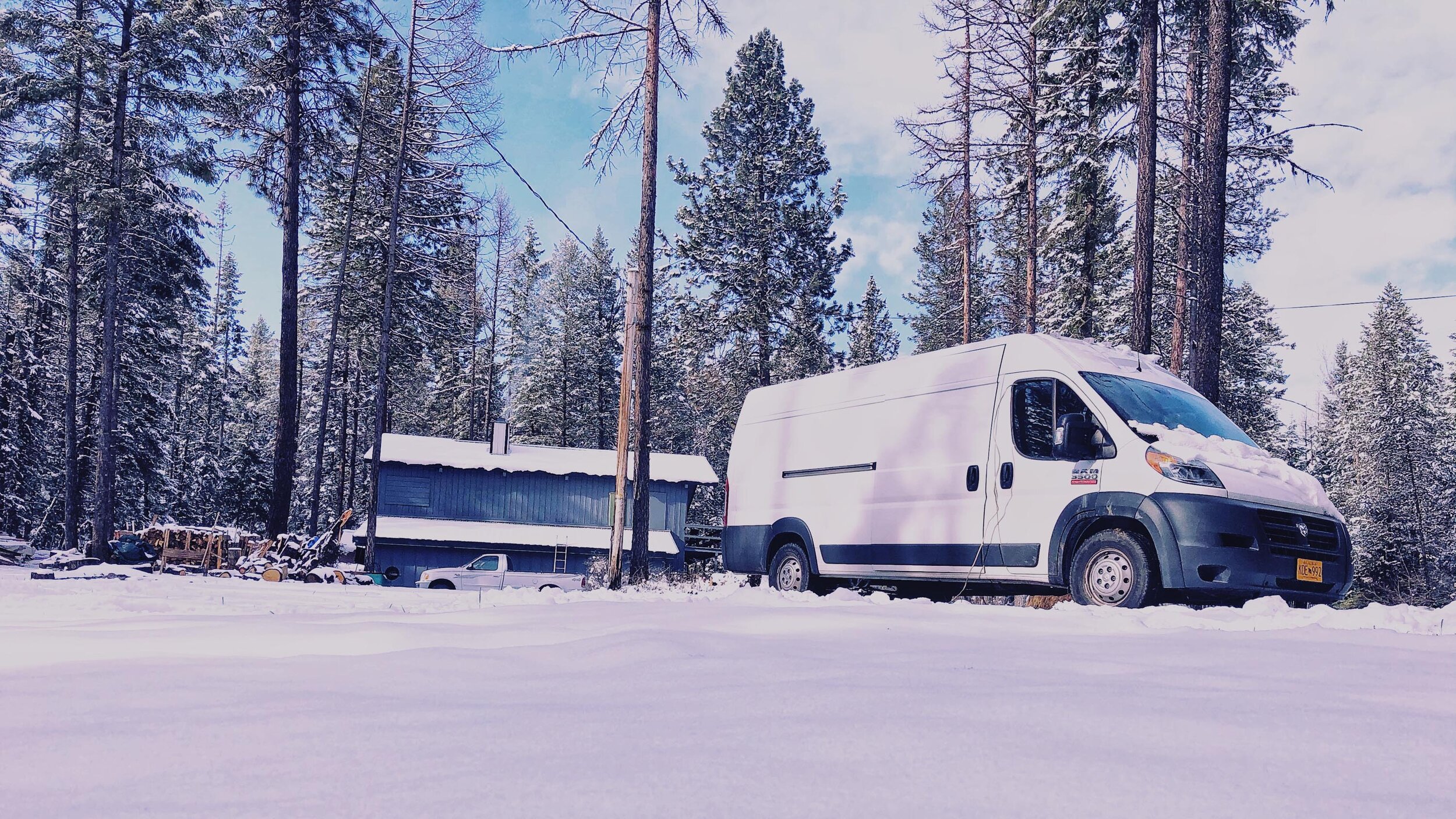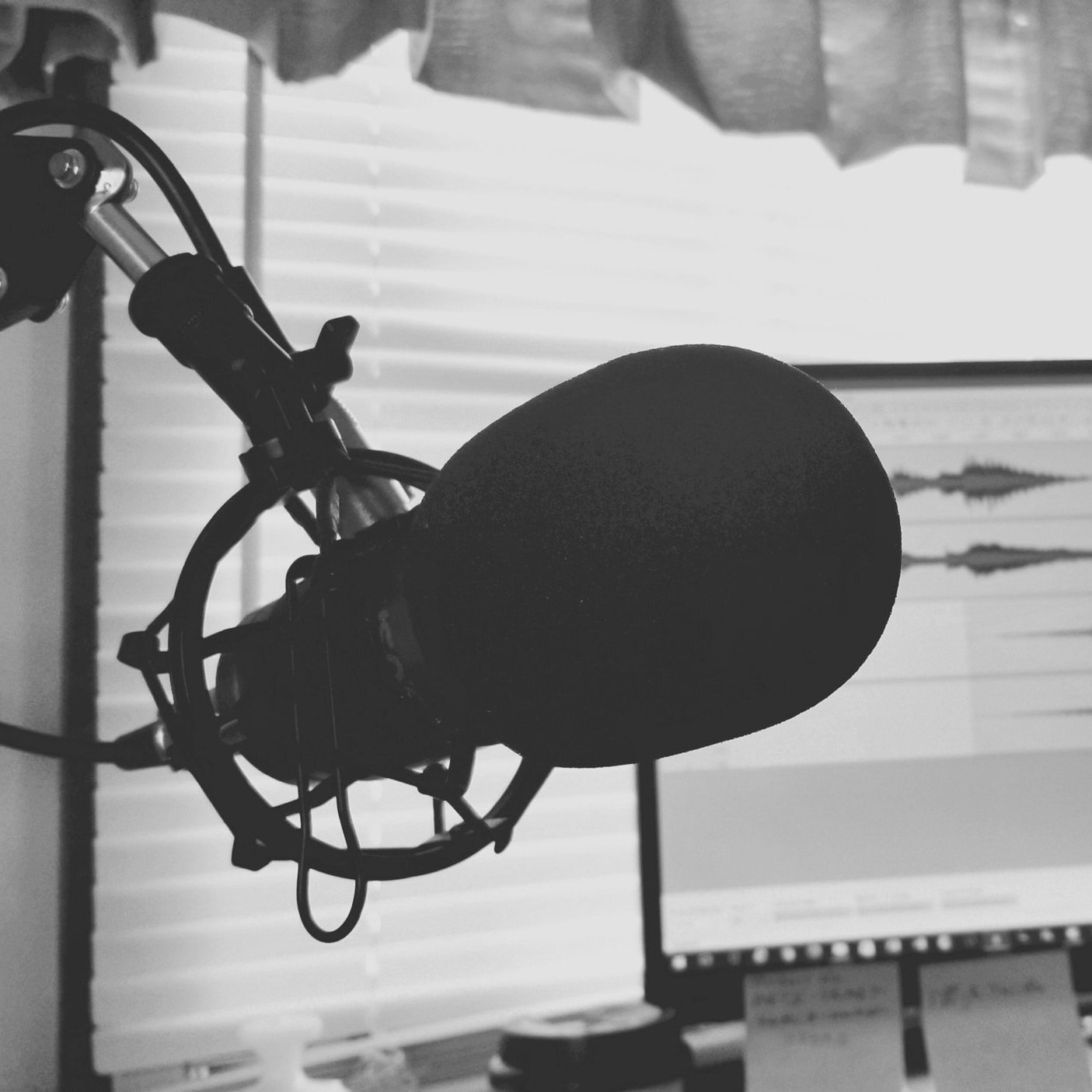The Motherload
/Should you leave your family behind to embark on a solo thru-hike?
BECKY JENSEN ON THE COLORADO TRAIL. (PHOTO COURTESY BECKY JENSEN)
“If a day hike was like a short therapy session, then a 500-mile hike was like long-term rehab. And that’s exactly what I needed.”
— Becky Jensen
Becky Jensen had a lot of things going for her: sweet kids, a caring fiancé, a promising career. But deep down, she wasn't happy. So a few years ago, she left everything (and everyone) behind to thru-hike the Colorado Trail. By herself.
On this episode, she shares her story. It's a story about relationships — both with your family, and with yourself. And it's about the surprising things that can happen to those relationships when you do something selfish — something just for you.
Subscribe to Out There on Apple Podcasts, Spotify, Stitcher, or wherever you stream podcasts.
Hear more stories from Becky Jensen
Discounts from our sponsors
For 15% off your Kula Cloth order, enter the promo code “OUTTHERE2” at checkout.
For 10% off your first month of counseling at Better Help, click here.










